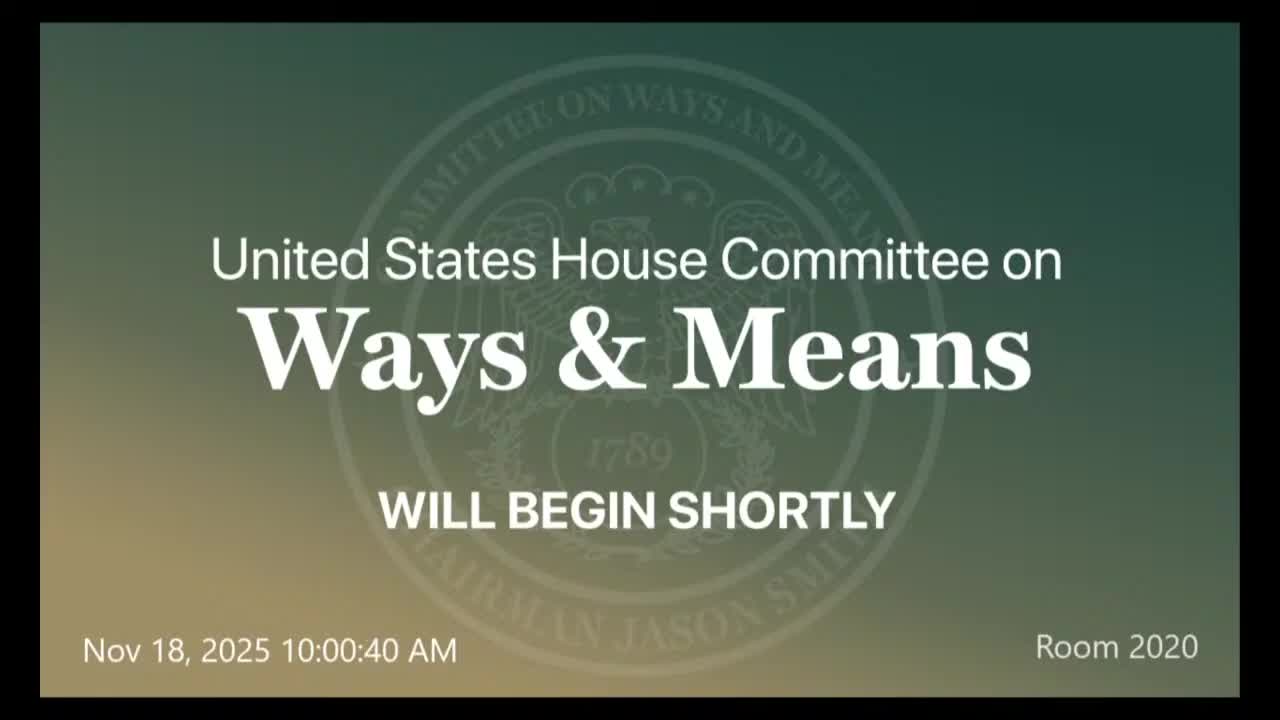House subcommittee hears how technology could bolster supports for foster youth
Get AI-powered insights, summaries, and transcripts
Subscribe
Summary
A House Ways and Means Work and Welfare Subcommittee hearing showcased private- and nonprofit-sector tech tools designed to help caseworkers find family connections and unmet needs; members pressed on funding, data sharing and the limits of technology without systemic reform.
Chairman Rep. Darren LaHood convened a hearing titled “Leaving the sticky notes behind,” framing the session as part of bipartisan efforts to modernize the John H. Chafee Foster Care Program and expand the use of technology to help foster youth transition to adulthood.
The subcommittee heard opening remarks from Ranking Member Rep. Danny Davis, who stressed that technology is a tool not a substitute for relationships, and called for investments that ensure youth have stable housing, health care, legal help and trustworthy adults to guide them.
Witnesses included Marty Ilisco of Augmentel, Dr. Jennifer Jacobs of Connect Our Kids, Lashienda Carr of Lawrence Hall, Adrian Lewis of Care Portal and Michael Leach of Think of Us. They described complementary approaches: artificial-intelligence tools that surface unmet needs and compliance-relevant items from unstructured case notes; software to help find relatives and supports and to train workers in “relational health;” workforce tools that reduce caseloads and surface local resources; and a national care-sharing platform that connects caseworkers with faith communities and businesses.
Members focused on three policy areas: funding and flexibility for Chafee and related programs; data and system integration across legacy state systems (SACWIS/CCWIS) and cross-agency barriers; and the evidence base for scaling tech solutions. Witnesses said a 2021 temporary Chafee increase allowed rapid responses during the pandemic in some states but that ongoing level funding and regulatory timelines limit states’ ability to adopt new approaches quickly.
Several members emphasized that technology will not succeed without parallel reforms to reduce administrative burden, improve outreach for educational and training vouchers (ETVs), and preserve or rebuild federal regional supports. Witnesses and members agreed that tools can multiply effective practice but cannot replace the human relationships that undergird long-term permanency.
The subcommittee closed with an invitation for additional written questions and said the testimony would inform legislative proposals to clarify allowable Chafee uses, incentivize adoption of proven technologies and repurpose returned funds to scale promising platforms.
